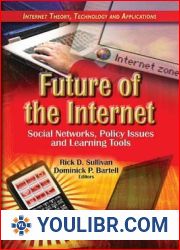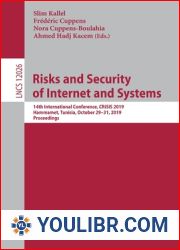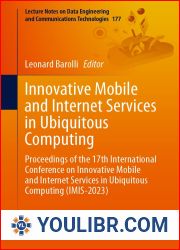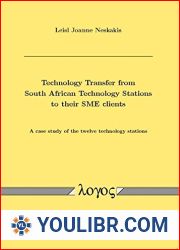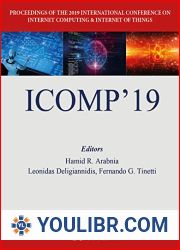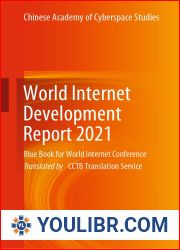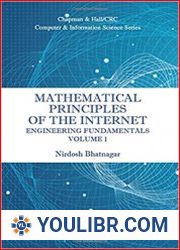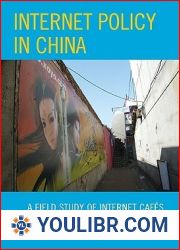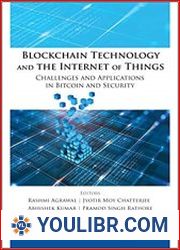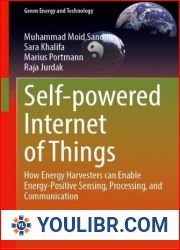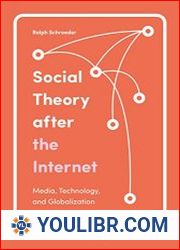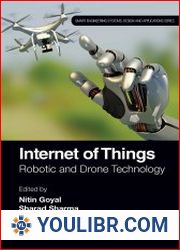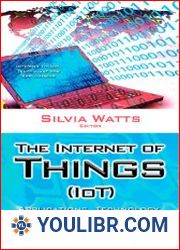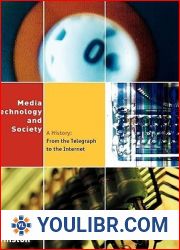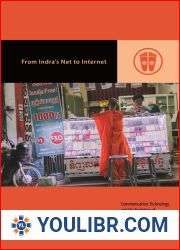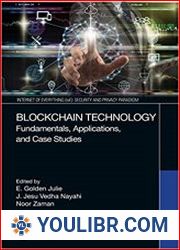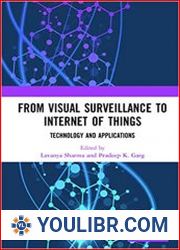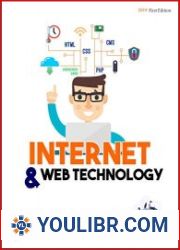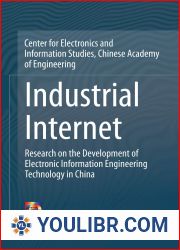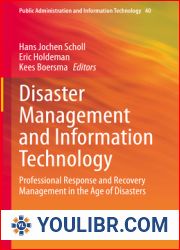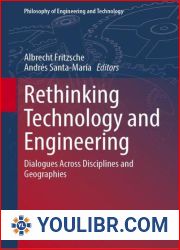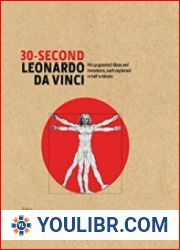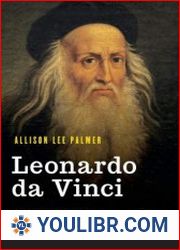
BOOKS - Leonardo to the Internet: Technology and Culture from the Renaissance to the ...

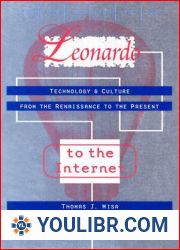
US $7.95

777818

777818
Leonardo to the Internet: Technology and Culture from the Renaissance to the Present (Johns Hopkins Studies in the History of Technology)
Author: Thomas J. Misa
Year: March 8, 2004
Format: PDF
File size: PDF 46 MB
Language: English
Year: March 8, 2004
Format: PDF
File size: PDF 46 MB
Language: English
The image of the lone inventor transforming society from the outside has a strong hold on the public's imagination. In reality, though, technologies are products of ongoing social and cultural processes. In Leonardo to the Internet , historian Thomas J. Misa provides a sweeping comparative history of the interrelationship between technology and society since the Renaissance, revealing how technological innovations have been shaped by the cultures in which they arose-and how such technologies have, in turn, shaped these cultures. From the careers and contributions of Renaissance court inventors Johann Gutenberg and Leonardo da Vinci to beer brewing in industrial London to the telecommunication revolution of the late twentieth century, Misa uses carefully chosen and engagingly told case studies to develop his thesis. Over eight thematic chapters, Misa provides detailed portraits of the inventors and users of technologies. Beginning his narrative at the dawn of the and "modern and " era, Misa surveys the intersections of technology, politics, and culture in the Renaissance court system of Western Europe; the role of technology in Holland's commercial expansion; the diverse and "paths and " to and through Britain's industrial revolution; the links among technology, imperialism, and trade in the nineteenth century; and the application of scientific discoveries in chemistry and physics to industry in Germany and the United States at the turn of the twentieth century. Misa then examines the introduction of mass-produced consumer goods and their impact on daily life and modernist sensibilities; the rise of the military-industrial complex during World War II and the technological innovations generated by the command-and-control economies of the Cold War; and the emergence of a technology-oriented global culture since the 1970s. The work concludes with a provocative essay laying out the technological choices we face today and considering their impact on the type of society we wish for the future. A masterful analysis of the ways in which technology and culture have influenced each other over five centuries, Leonardo to the Internet encourages students and general readers alike to think both more widely and more deeply about the invention, development, transfer, and adaptation of technologies within Western civilization.










